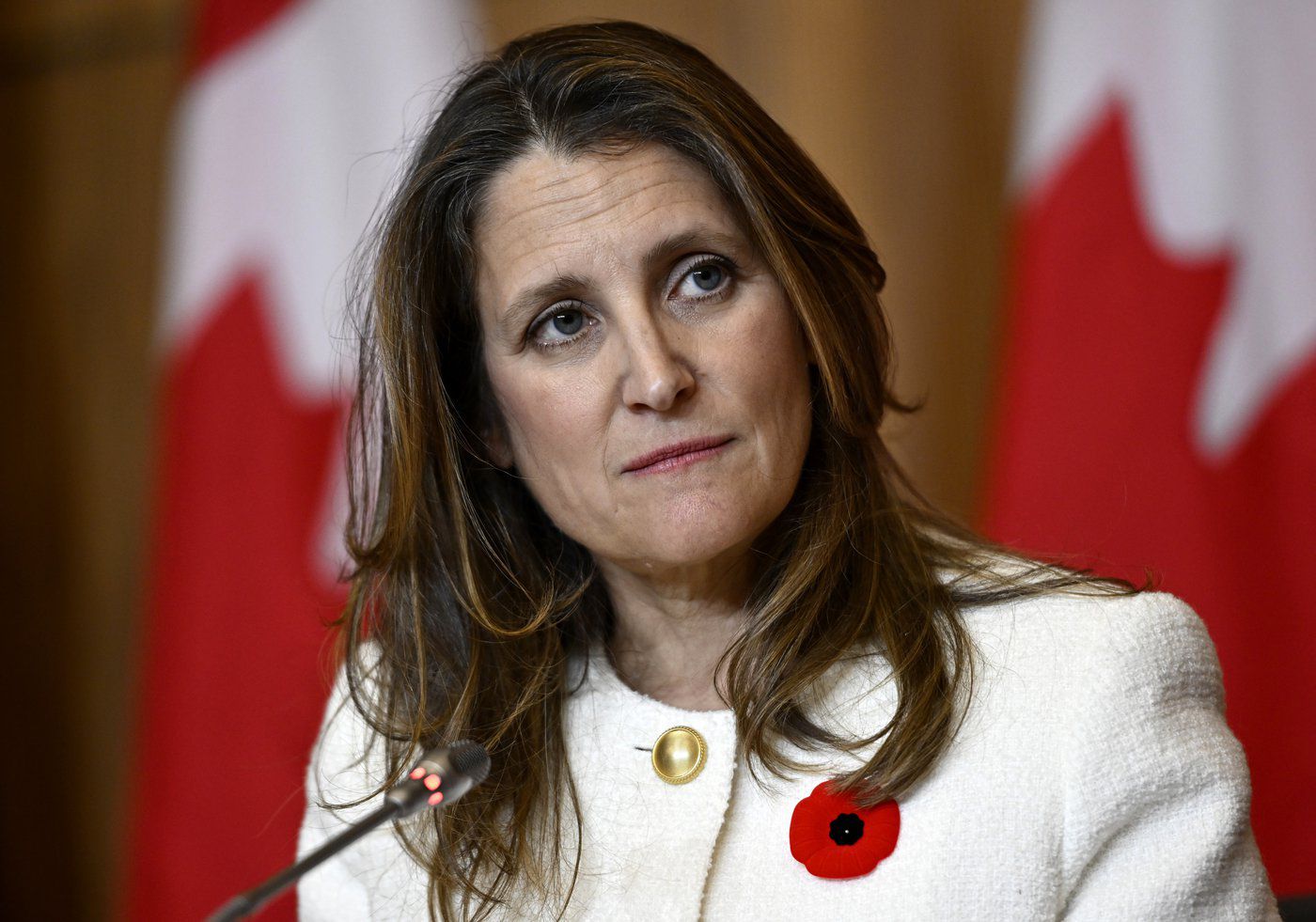Business
Ottawa’s Spending and Alberta’s Economy: A Closer Look

In July, the Trudeau government made headlines with its announcement of over $80 million for various economic development projects, aimed at boosting the ‘green economy,’ clean technology, and agriculture.
However, a new essay by Kenneth Green, a senior fellow at the Fraser Institute, highlights a concerning trend: inflation-adjusted business investment in Canada’s extraction sector—from mining to oil and gas—has drastically declined over the past few years.
Business investment is crucial for productivity gains that elevate living standards, yet investment in Canada has been less than 1 percent growth from Q3-2015 to Q1-2024. In stark contrast, the United States saw nearly a 16 percent increase during the same period.
Green attributes this steep decline in investment primarily to federal policies that have hindered the extraction sector. These include stringent fuel regulations, long review processes for major infrastructure projects, an effective ban on oil shipments on British Columbia’s northern coast, and rigid greenhouse gas emission caps.
While Ottawa has been curtailing private investment, the government’s recent economic announcements reflect a choice to allocate resources through public spending rather than relying on private sector growth.
Several federally-subsidized projects emerged from the recent announcement. A gas cloud imaging company was granted $4.1 million to expand its operations. The Battery Metals Association of Canada received $850,000 to enhance collaboration within the battery metals sector.
A Lethbridge-based food manufacturer received $5.2 million to boost production of plant-based protein products. Additionally, the Ermineskin Cree Nation was given nearly $400,000 for a solar farm feasibility study, and the Town of Coronation received almost $900,000 for business incubator renovations.
Despite these claims of job creation and growth, critics argue that corporate welfare simply reallocates resources and labor towards subsidized businesses while taxing other sectors to fund these initiatives. This can lead to lower productivity overall.
The renowned journalist Henry Hazlitt once argued that relying on politicians and bureaucrats, who did not earn the money, for wise investment decisions is an unrealistic expectation.
As more public spending replaces private sector investment under the Trudeau administration, Alberta and the rest of Canada may face a future of lower productivity and diminished living standards.












